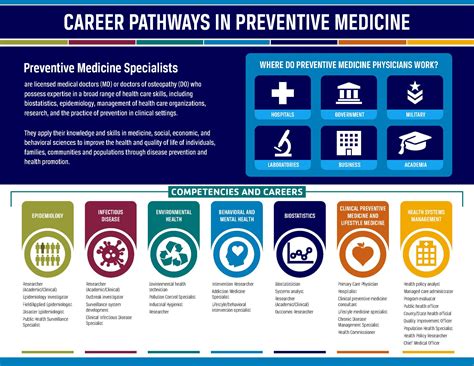Preventive Medication - Stay Healthy
Preventive Medication FAQ
What is preventive medicine?
Preventive medicine is a combination of medical practices that are designed to avoid disease and illness. It is a proactive approach to patient care. Doctors use preventative measures to ensure that any sickness is minimised and detected early so that a patient has the best chance of recovery to optimum health.
What is preventive health?
Preventive health refers to routine care you receive in order to maintain your health. It’s key to diagnosing medical conditions before they become a problem. Preventing serious diseases before they happen is one of the most important things you can do to protect your health. Unfortunately, uptake isn’t nearly as robust as it needs to be.
Is preventive medicine right for You?
Preventive medicine can be beneficial for everyone. However, the benefits are different depending on the individual person and their age. Before the age of 40, information and a close link with one dedicated doctor is very important. Between the ages of 40 and 70, chronic disease is at the highest risk.
What is Public Health & General Preventive Medicine?
Public health and general preventive medicine focus on promoting health and preventing disease in individuals and communities. Practitioners in this specialty combine skills and experience in clinical care and public health to support the transformation of health systems and rebuild them, based on the prevention of disease, injury, and death.
How do I choose a preventative medication?
Choice of preventative medication depends on contraindications, comorbidities, and risk of adverse events. Before prescribing, discuss the benefits (reduction in attacks) and risks (adverse effects) with the person as ultimately they should decide whether to try preventive treatment.
What is good practice in prescribing and managing medicines?
Furthermore, General Medical Council's good practice in prescribing and managing medicines and devices also emphasises the need to take account of the patient's needs, wishes and preferences. The safety of medicines is another important consideration when optimising medicines and can be a continual challenge.
Preventive Medication References
If you want to know more about Preventive Medication, consider exploring links below:
What Is Preventive Medication
- https://www.topdoctors.co.uk/medical-dictionary/preventive-medicine
- https://migrainetrust.org/live-with-migraine/healthcare/treatments/preventive-medicines/
- https://www.verywellhealth.com/what-is-the-meaning-of-prophylactic-3157145
